Support from readers like you keeps The Journal open.
You are visiting us because we have something you value. Independent, unbiased news that tells the truth. Advertising revenue goes some way to support our mission, but this year it has not been enough.
If you've seen value in our reporting, please contribute what you can, so we can continue to produce accurate and meaningful journalism. For everyone who needs it.
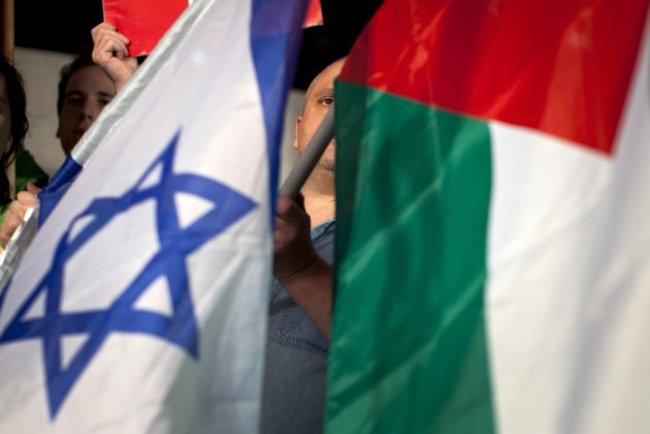
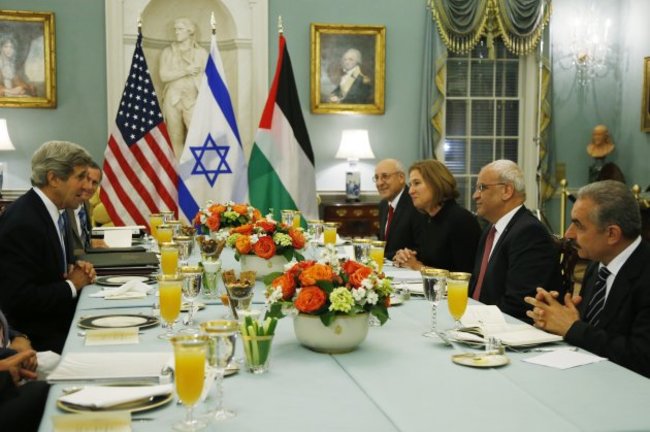
 An aerial view over West Bank showing a Palestinian village, left, and a Jewish settlement, right (Image: Lefteris Pitarakis/AP/PA).
An aerial view over West Bank showing a Palestinian village, left, and a Jewish settlement, right (Image: Lefteris Pitarakis/AP/PA).
 Palestinian refugees carry their belongings as they prepare to cross the wrecked Allenby Bridge over the Jordan River from the Israeli-occupied section of Jordan, June 22, 1967 (Image: Bernard Frye/PA).
Palestinian refugees carry their belongings as they prepare to cross the wrecked Allenby Bridge over the Jordan River from the Israeli-occupied section of Jordan, June 22, 1967 (Image: Bernard Frye/PA). Palestinian armed militants of the Popular Front for the Liberation of Palestine-General Command carry RPG launchers (Image: Hussein Malla/PA).
Palestinian armed militants of the Popular Front for the Liberation of Palestine-General Command carry RPG launchers (Image: Hussein Malla/PA). A Palestinian boy drinks water from a barrel near a house destroyed during an Israeli offensive in 2012 (Image: Adel Hana/PA).
A Palestinian boy drinks water from a barrel near a house destroyed during an Israeli offensive in 2012 (Image: Adel Hana/PA).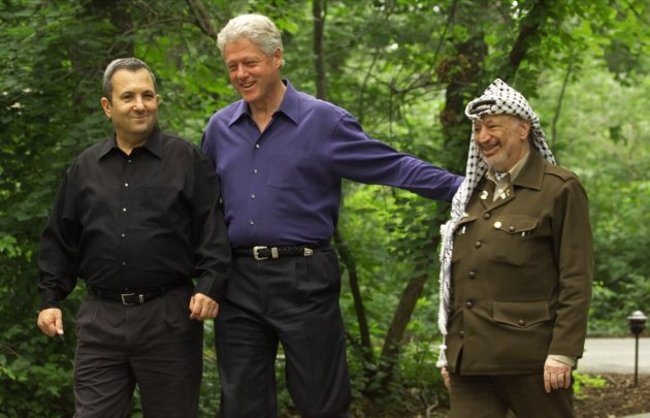
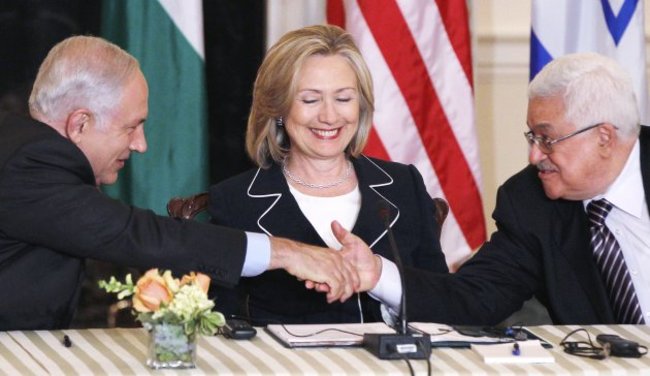
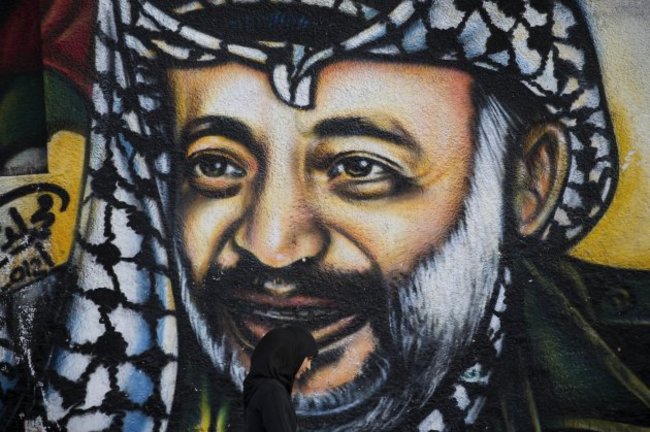
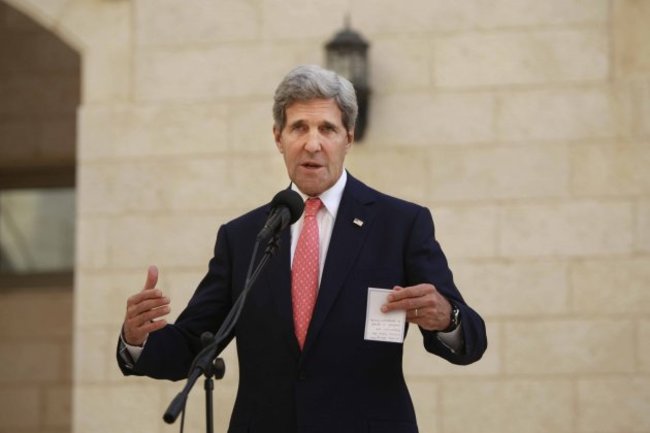


have your say